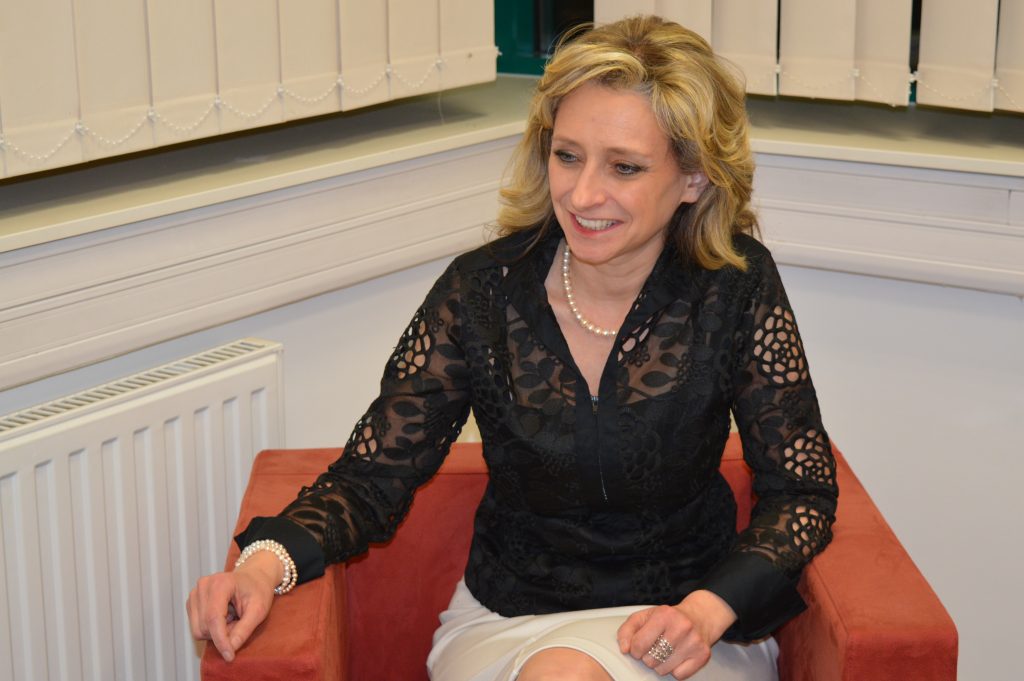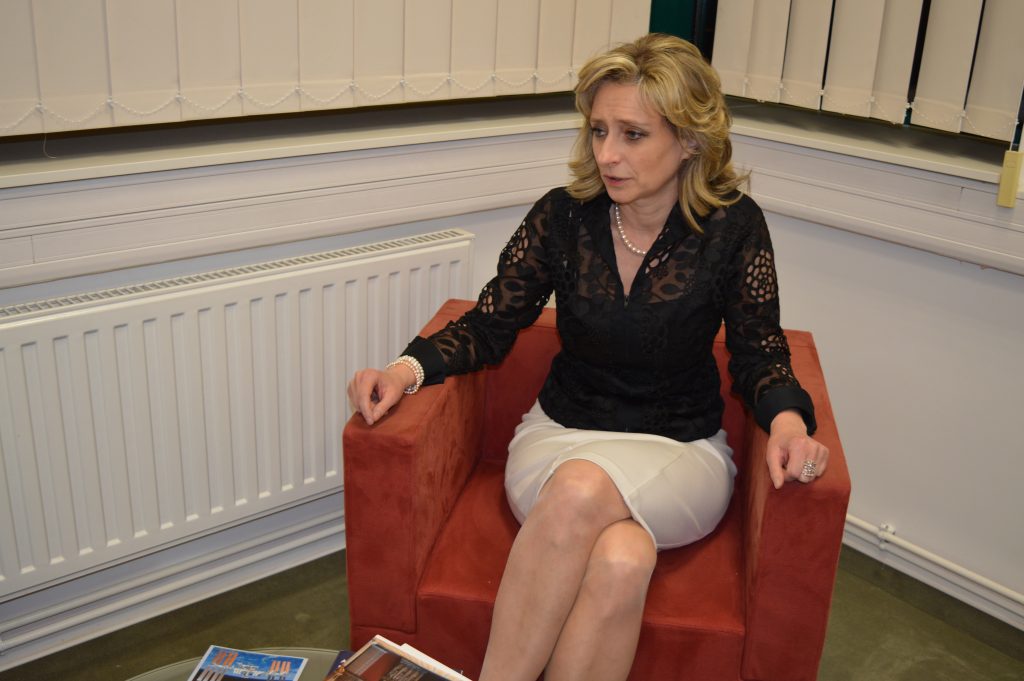Change language:
“Intelligence and innovation are decisive” – Interview with the Ministerial Commissioner for Space Research

For those down to Earth, it was breaking news that a new Ministerial Commissioner Responsible for Space Research paves Hungary’s way to space. Orsolya Ferencz is a senior research fellow at ELTE Space Research Group. In addition to being a well-known expert, she is well qualified in politics, since she is representative in the local government of the 8thdistrict. She is currently working to establish a National Space Strategy together with professionals. This concept identifies the goals of our country in this area and the tools necessary for their realization.
The interview is brought to you by GLOBS Magazine.
Why does Hungary have to pay special attention to space research? What role can such a small country play in space discovery?
Hungary is not a top player, but has its own role. We should not forget the fact that our country has serious achievements in international space activities. The country’s tools and innovations are present not only in research, but in services as well. It is very important for the public to understand that the world uses space activities in everyday life through the techno-sphere developed by mankind. It is enough to consider only the various services in the fields of news casting, long-distance communication, navigation, telecommunications and meteorology. In addition, the added value of various economic and industrial services related to space is growing sharply in the world economy. Today space is not an exotic notion but a part of our everyday life. Furthermore, Hungary must preserve its 70 years of space activity and strengthen its position so that the country can advance in this race. It is important to see that ingenuity, creativity and innovation are decisive, not the economic size of a country. For example, Nigeria, Pakistan and Bangladesh have their own telecommunications satellites. In 2017, Bulgaria joined the satellite club. This is a regional country comparable to our size.

In which space sectors are we present, and where should we make our way?
At the moment, we are mainly present in the areas of on-board electronics, development of communication devices, material technology, radiation measurement and power supply units.
With the utilization of our existing competence base, it is worth joining large international projects by which we can gain additional opportunities for the Hungarian space industry and research sites. We have been a member of the European Space Agency (ESA) since 2015. Equally important is the Russian-Hungarian space co-operation based on decades of “Interkosmos” initiative, which provides programs we can also connect to.
How many Hungarian companies are currently interested in space activity?
We can identify roughly ten companies involved in international space activities to some level. I stretch this point because there is a company that is a very serious component supplier of Sentinel satellites which are currently on orbit. With this in mind, this company belongs to the global forefront in material technology. There is also a company that has only participated in a program with one software package so far. However, this is still a very significant added value.
How can we participate in an international project?
The European Space Agency works by having a compulsory membership fee tailored to the size of the member countries. However, this offers a very minimal set of opportunities for joining the programs. In addition, there are so-called optional programs to which we need to contribute partially. Hungary is currently paying EUR 6.2 million a year. For comparison, the fees are EUR 42.6 million for Romania, EUR 34.6 million for Poland and EUR 32.54 million for the Czech Republic. We therefore need to increase our contribution, as a large part of the amount paid is reimbursed to the space industry of the country from where the payment was received, based on the so-called “georeturn principle”.
Each dollar, euro or forint invested can produce six times more then its original value for the national economy.

It is a very complex area. To what extent is the training of professionals currently organised and is it necessary to alter the current training system?
There is a Department of Geophysics and Space Science at the ELTE, which autonomously issues master degrees. The Technical University of Budapest has courses which provide very serious knowledge in space engineering. Nonetheless, it is very important to unify and strengthen the country’s higher education with what we think of this sector. In this process, we rely on the Ministry of Human Resources. It is important to see that this area will need special care in the future.
The goals to be achieved will be shaped in the National Space Strategy. When can this guiding document be ready?
The National Space Strategy will include all the areas and directions in which Hungary wants to achieve its goals in the short, medium and long term. This is written consensually with professionals, and work is still ongoing. Our goal is to be ready by the end of this year in order to present the strategy to the public and decision-makers. We want to achieve a complete professional consensus in the matter.
By Gabriella GYÖRGY, Journalist
Source: GLOBS Magazine







